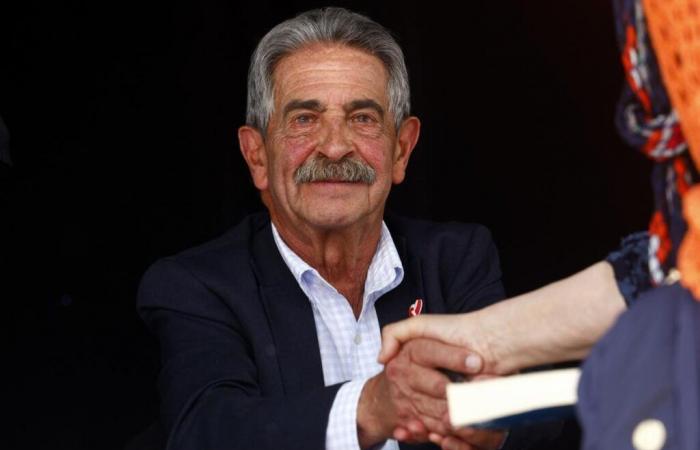In the last Sant Jordi in Barcelona I had to sign my novels next to two politicians: Pablo Iglesias and Miguel Ángel Revilla. Many signed … More books than a writer who only knows how to write literature. As you will understand, I do a cucumber that they sell many more books than me. What seemed worthy of the best cause was to see the conviction that both of being writers and the even greater conviction of the public that pulled them with cheers and samples of popular support. In the tail of Pablo Iglesias a man shouted “live the working class” and all applauded. I missed that in my squalid queue of readers of my novels a reader or reader that said “Viva Cervantes” would not have appeared; Or better yet, a relevant “Long live Kafka.”
In the booth in which I agreed with Revilla was television, the one that does not pay attention to writers but does it to amortized politicians who write books that certainly do not have the style or depth of those who wrote Winston Churchill or Manuel Azaña. Now Iglesias and Revilla binds the same crusade against the emeritus. Revilla proclaims in his public appearances that he lives in a floor of one hundred square meters and that his family origin is humble. Revilla says that the complaint that Juan Carlos I has put him is disproportionate because he is just a Spaniard who pays his taxes and evists in a zulo of one hundred square meters.
But Revilla writes books, and goes out on TV pontificating, pontifies about good and evil, with that authoritarian voice, bell, ecclesiastical. Revilla is a vocinglero and populist, a classic Spanish sacristan. And the emeritus is the demonstration that in Spain justice is not the same for everyone and that we live in a failed democracy. Revilla is monogamous and the emeritus is (or was) polyamooro. So in Barcelona the readers had to choose between “Long live the working class” of the Fans row of Pablo Iglesias. Or “Viva Revilla”, the man who came from the people and made moral example thanks to Spanish televisions and now cries in public, or, already in deep misfortune, to writers who only write novels. It is not a struggle provided. Nothing is provided in Spain. Televisions do not interview writers. Television chooses Iglesias, Revilla, or the emeritus. And then comes the day of the book, and those who sign books are not the writers but the enlightened Spanish populist, who have thrown between us from the Middle Ages.






